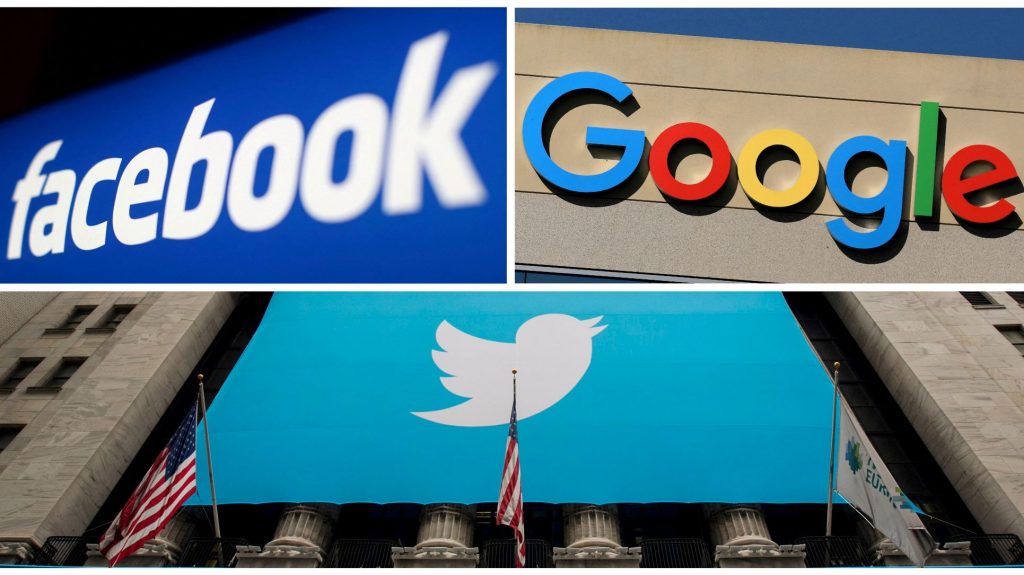
The Federation of Small Businesses (FSB) estimated that there were 5.5 million small businesses in the UK at the beginning of 2021. These companies exist in an increasingly competitive landscape where visibility is essential than ever. Thankfully, social media is one of the most effective tools your business can include in its marketing arsenal for success, irrespective of its size.
However, it is vital to adopt the right strategy to maximise your impact. Here’s what should constitute your social media marketing strategy in 2022.
Brits reportedly have about 7.1 social media accounts on average, so reaching out to your target audience via as many platforms as possible may be reasonable. However, experts agree that you don’t need a presence on all platforms to guarantee success. Your business is limited by time and resources, so it isn’t advisable to stretch it too thin by setting up different accounts that you struggle to maintain.
Instead, consider the purpose of the various social media platforms available and how they could benefit your business goals before deciding. For instance, LinkedIn is ideal for B2B business development, while it is easier to build brand loyalty with a Facebook audience. Similarly, Instagram, Pinterest, and other image-based platforms are your company’s best bet if it has a lot of product images to promote. Also, you are better off uploading video content for your business to YouTube and Tiktok than platforms like Twitter.
Statista data estimates that 38% of brands dedicate 10%-20% of their marketing budgets to influencers. Admittedly, influencer marketing is not among the most popular promotional methods, but it can be incredibly effective for your business if used correctly. Influencers can help boost brand awareness by promoting your business as an industry leader to the right audience. As such, the right social media users will learn more about your brand and its offerings.
Also, influencer marketing is one of the most non-intrusive marketing strategies out there, so it is worth considering to reach a consumer base growing increasingly tired of pop-up ads and other aggressive advertising tactics. Furthermore, influencer endorsements give your brand more credibility, deepening clients’ trust and increasing patronage. It is prudent to learn how to outreach to influencers to find the best professionals for your company’s needs, so keep this in mind.
Your social media strategy will need a lot of content for success. Therefore, you will need to develop a practical process for generating this vital content and maximising its worth. You can ensure optimal content performance by including pictures in your social media posts. This is because visual content is reportedly 40 times more likely to be shared on social media than other content types. Additionally, produce awesome, amusing, and relatable content to boost engagement and shares. Also, share useful content to provide value to your social media followers. This way, they will regard you as an industry authority in no time.
Consistency on social media is the key to boosting trust and brand awareness among your target audience. Therefore, ensure that your social media posts are distinct and recognisable across the board to avoid confusing clients. For starters, maintain your brand’s voice on all social media platforms so you don’t sound professional on one site while sounding silly on another. Also, keep your post formatting consistent, from how often you break lines to your emoji usage.
Furthermore, use consistent grammar and terminology to make it easier for clients to recognise your posts. Consistent colour use is also vital to keeping your posts harmonious. LucidPress says that consistent brand presentation can drive revenue by about 23%, so doing this is prudent to ensure the efficacy of your social media marketing efforts.
It is challenging to monitor your efforts’ success without metrics to guide you. Therefore, track your social media marketing strategy’s analytics to know what approaches are working and failing so you can adjust accordingly and improve. You can use engagement metrics like likes and shares to gauge your efforts’ success. In addition, website traffic is a good indicator of how effective your social media marketing is. Also, you can analyse your clicks per campaign to understand what inspires people to buy.
Hashtag performance and sentiment analysis are also useful in finding out how users react to your brand and its social media efforts. Generally, combining both measurement approaches is best to obtain reliable insights concerning your campaigns’ success.